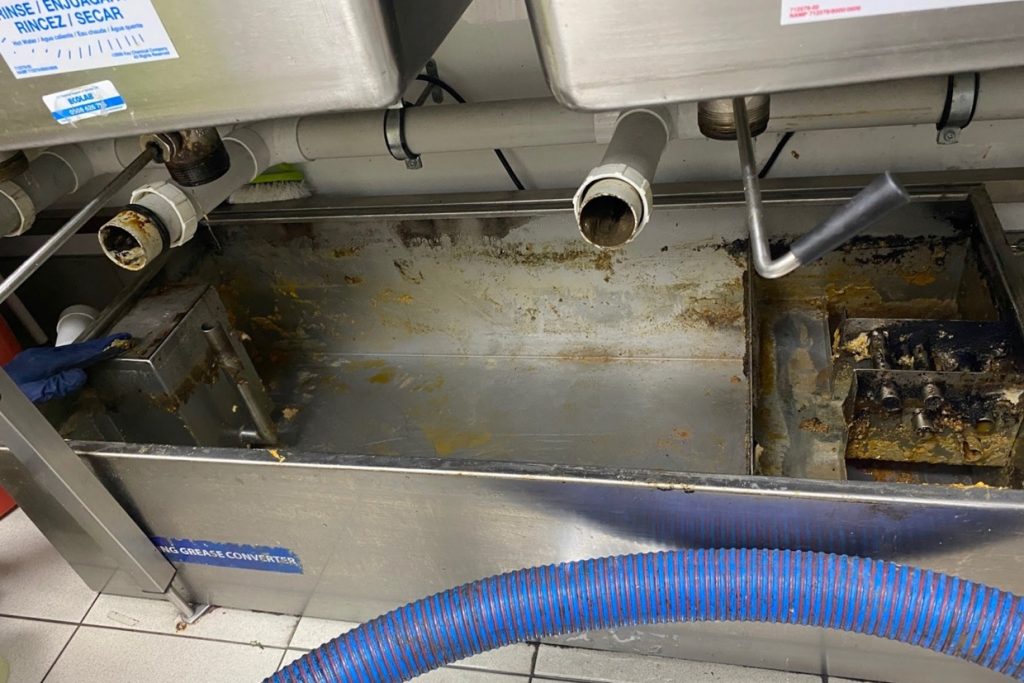
Image Source: Google
Grease converters play a crucial role in commercial kitchens and food service establishments by preventing the build-up of grease and oil in plumbing systems. Regular maintenance and cleaning of grease converters are essential to ensure they function efficiently and prevent costly repairs. If you are searching for a grease converter cleaning service, you may visit this website.
1. Schedule Regular Cleaning
Importance of Regular Cleaning
Regular cleaning of grease converters is crucial to prevent clogs and blockages in your plumbing system. By scheduling routine cleanings, you can avoid costly repairs and ensure the smooth operation of your grease converter.
Frequency of Cleaning
- Commercial kitchens should clean their grease converters at least once every three months.
- High-volume establishments may need more frequent cleanings, such as once a month.
2. Use the Right Cleaning Products
Choosing the Right Cleaning Products
When cleaning your grease converter, it is important to use the right products to effectively break down grease and oil build-up. Avoid using harsh chemicals that can damage the converter or harm the environment.
Recommended Cleaning Products
- Biodegradable degreasers
- Enzyme-based cleaners
- Natural cleaners like vinegar and baking soda
3. Perform Thorough Cleaning
Steps for Thorough Cleaning
- Remove grease and oil build-up from the walls and baffles of the grease converter.
- Scrape off solidified grease and food particles from the edges and bottom of the converter.
- Use a pressure washer or a hose to rinse out the remaining residue.
Tips for Effective Cleaning
- Allow the cleaning solution to sit in the grease converter for at least 15-30 minutes before rinsing.
- Use a brush or scrubbing pad to loosen stubborn grease deposits.
- Rinse the converter thoroughly to remove all cleaning residue.
4. Inspect for Damage
Importance of Inspection
Regular inspections of your grease converter can help you identify any signs of damage or wear and tear. Catching issues early can prevent costly repairs down the line.
What to Look For
- Leaks or cracks in the grease converter
- Corrosion or rust on the exterior of the unit
- Loose or damaged baffles
5. Maintain Proper Grease Disposal
Importance of Proper Disposal
Properly disposing of grease and oil is essential to prevent environmental contamination and plumbing issues. Never pour grease down the drain as it can solidify and cause blockages.
Recommended Disposal Methods
- Collect grease in a sealed container and dispose of it in the trash.
- Work with a grease recycling company to properly dispose of used grease.
- Install a grease trap to capture grease before it enters the plumbing system.
6. Consider Professional Cleaning Services
Benefits of Professional Cleaning
While regular maintenance is important, sometimes it's best to leave the cleaning to the professionals. Professional cleaning services have the expertise and equipment to thoroughly clean and maintain your grease converter.
When to Hire Professionals
- If you lack the time or resources to perform regular cleanings.
- If you notice persistent odors or clogs in your plumbing system.
- If your grease converter is due for a deep cleaning or inspection.
By following this ultimate grease converter cleaning checklist, you can ensure that your system runs smoothly and efficiently. Regular maintenance and proper cleaning will help you avoid costly repairs and keep your kitchen running smoothly.
